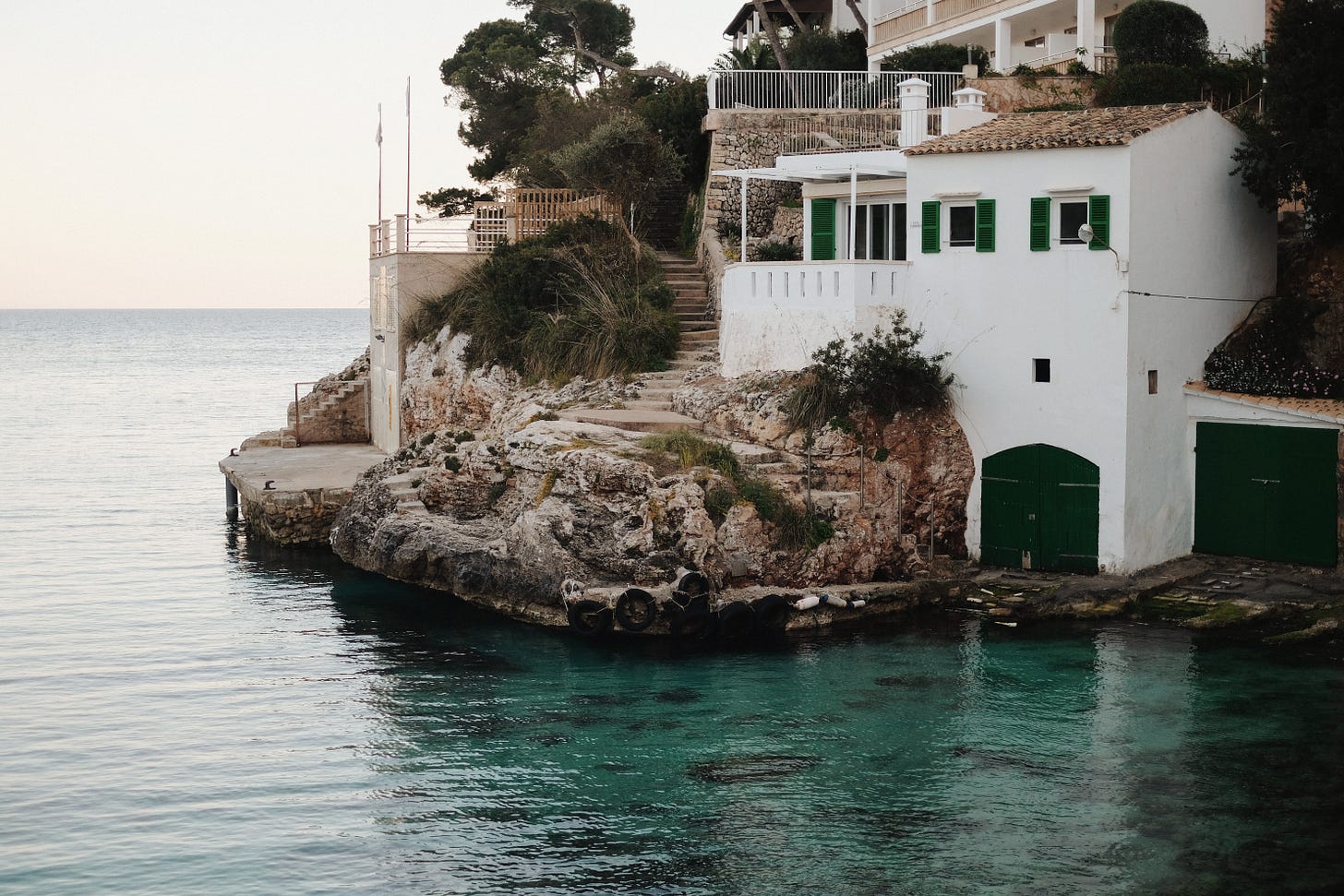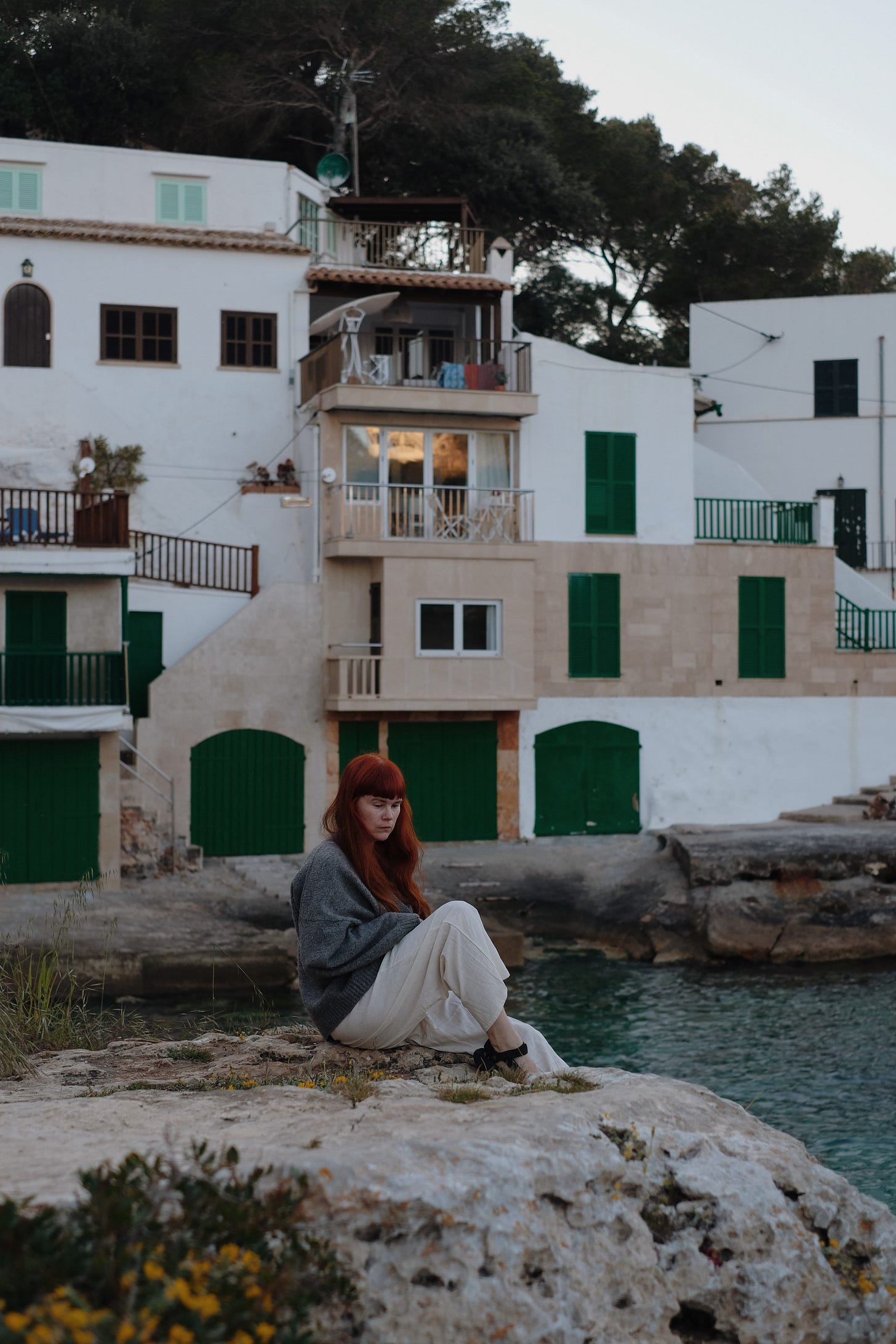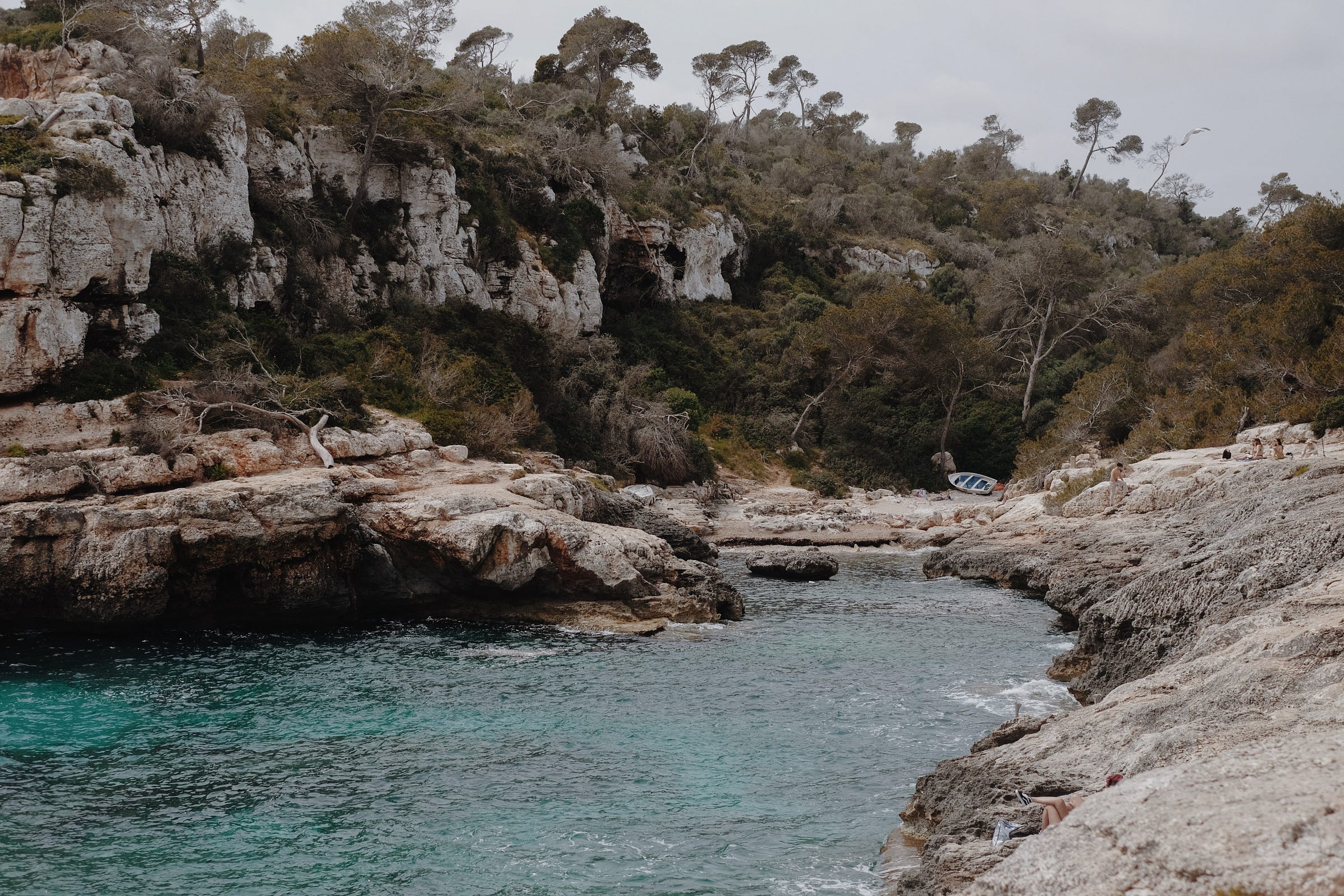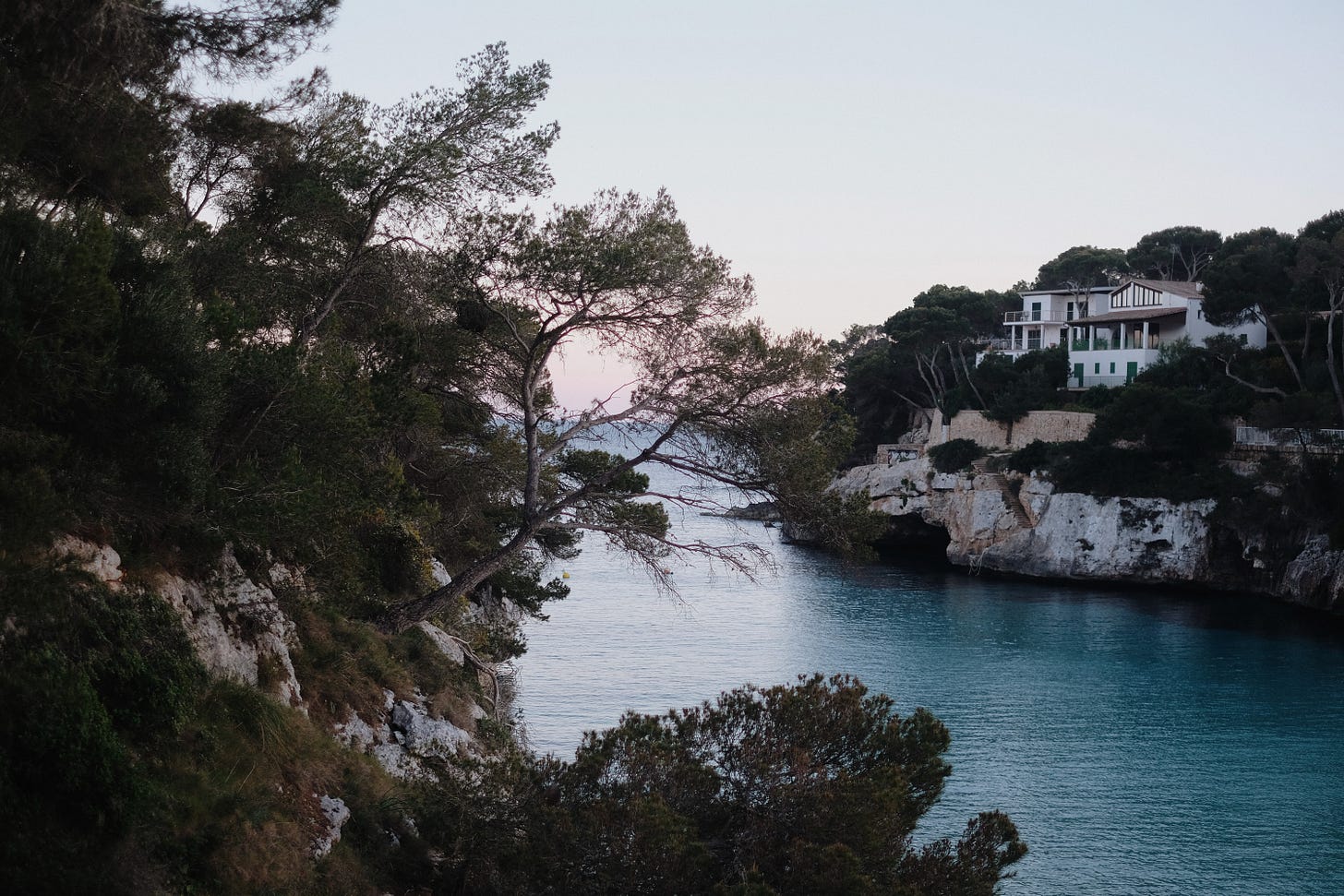If you ask someone the difference between travel and tourism, you’ll probably hear more positive words spoken about the former. ‘Tourist’ is often used in a negative way; a place can be too touristy or you may not want to travel there during the tourist season. ‘Travel’, on the contrary, is seen to be someone’s passion, or a more rounded and mindful way of seeing the world. But why? And is that even true?
There are obvious perceived differences between a traveller and a tourist. Picture your initial impression of both in your mind. A tourist walks around in brash clothing, carrying a map or guidebook. They stay in all-inclusive resorts in obvious destinations where crowds of other tourists flock, and they rarely connect with the local culture, preferring to dine on familiar food and laze by the hotel pool. A traveller, on the other hand, likes to get off the beaten track. They are more conscious and mindful of where they choose to visit and where they stay. They eat where the locals eat, shop where the locals shop, and tend to stay in one destination for longer periods of time. Tourists stand out, while travellers blend in.
In reality, there is much more nuance. Personally, I see myself as someone who likes to travel rather than a tourist. Negative connotations aside, I associate the word ‘tourist’ with sightseeing, sticking to what a guidebook tells you to see in a popular destination, and more traditional holiday making. I like to travel; to see new places, carve out my own experiences, get to know the hidden heart of the places I visit. But that doesn’t mean I never use a map, visit a museum or spend a day lounging beside the pool.
Embracing a slower pace of travel definitely has its benefits, but it isn’t intrinsically better. You should travel in the way that works for you, considering who you are travelling with, your budget and what you want to get out of your trip. If you have kids, an all-inclusive resort may be easier and more affordable. You might have a high-pressure job and want to take it easy on holiday, relaxing by the pool and not having to worry about your itinerary. Visiting museums, galleries, historical buildings and famous sights could be the main reason why you travel, and following a ‘must see’ guide to your destination might help you to plan the perfect trip. You shouldn’t feel like more touristy ways of travelling are any less enriching.
Realistically, most of the time you are both a traveller and a tourist. The Cambridge dictionary defines a ‘tourist’ as “someone who visits a place for pleasure and interest, usually while on holiday”. Unless you are travelling for a reason such as work or visiting family or friends, you probably fall into this category. Even if you visit a quieter destination, stay in eco-friendly accommodation, spend a few weeks remote-working there, travel by train, and cook your own meals in self-catered accommodation, if you are travelling for “pleasure and interest”, you are by definition a tourist.
So, cast aside those negative connotations of ‘tourists’ and reevaluate how you plan and go about your travels. Make mindful decisions about where to visit and how to get there to help cut down on over-tourism and your carbon footprint, but don’t be ashamed if you want to stay in a resort, spend your entire trip horizontal or queue up to admire the sights.
To the people who live there, you will be seen as a tourist, but you can change how tourists are perceived by your decisions and behaviours. Support the local economy by dining in independently-run restaurants, don’t grumble about paying the tourist tax, avoid staying in big chain hotels and choose locally-owned guest houses or small boutique hotels, and be respectful of the culture of the place you are visiting. Rather than shunning the word ‘tourist’, let’s spin it to have a positive impact.









